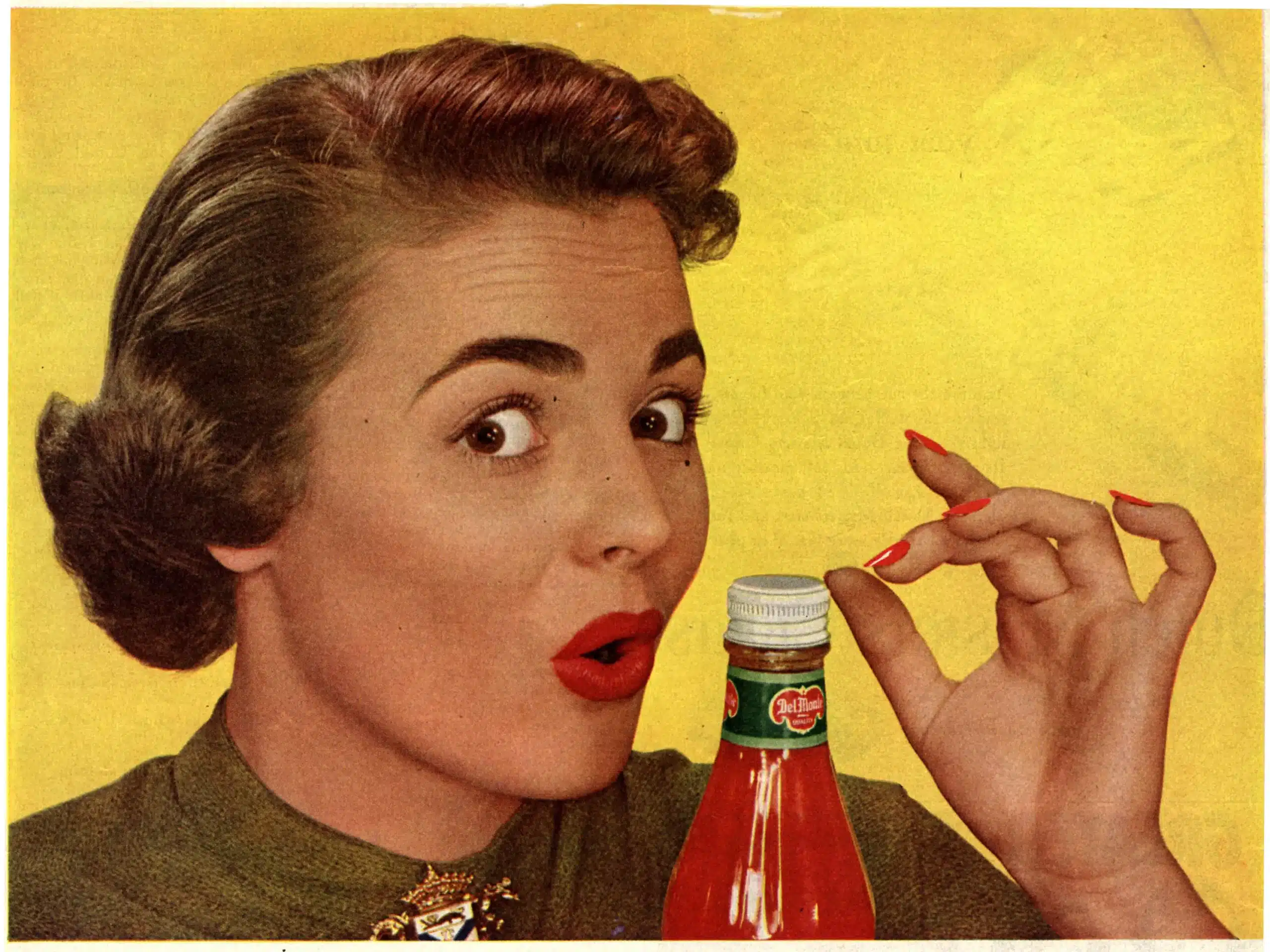
Does Skepticism Help With Modern Consumerism?
In our daily lives, advertising infiltrates every corner, inundating us with a plethora of messages that we grapple with on a regular basis. In this sea of promotional content, consumers navigate the excess, attempting to find some semblance of peace by refusing to wholeheartedly believe the extravagant promises thrust upon them by advertisers. It’s a scenario that mirrors the ancient Pyrrhonian skeptics’ pursuit of a mental state known as ataraxia – a state of inner tranquility they deemed the pinnacle of the ideal mind. This article posits that, within the context of contemporary consumers and advertisers, the most relevant lesson we can draw from ancient philosophy lies in embracing skepticism rather than embodying it completely.
The conventional understanding of skepticism centers around uncertainty and doubt, concepts that the ancient Pyrrhonists applied judiciously to their approach to knowledge and truth. They were reluctant to accept anything as an absolute truth, adopting an intensely cautious outlook. This ancient skepticism seamlessly aligns with the mindset prevalent today, where individuals refrain from making definitive conclusions about product claims. Despite harboring doubts, consumers paradoxically engage in purchases, leaving the marketplace not empty-handed but with a tangible something.
At the heart of skepticism lies the phrase ‘I suspend judgment,’ a declaration that one refrains from forming conclusive opinions. However, translating this theoretical notion into practical application becomes a nuanced challenge. Consumers, inherently distrustful of advertising claims, may vocalize their suspension of judgment on these claims but don’t shy away from making purchases. This prompts a contemplation of the efficacy of skepticism when confronted with real-world decision-making.
Despite burgeoning concerns about overconsumption and its societal implications, consumers persist in buying advertised products. This challenges the traditional notion that skepticism inevitably leads to inactivity. Their actions, influenced by recommendations from friends and societal trends, underscore a stark disjunction between theoretical skepticism and pragmatic behavior.
When individuals declare a suspension of judgment, they avoid fully embracing or rejecting advertising messages. In a marketplace saturated with lofty claims, they move through the aisles without definitively ascertaining the veracity of these claims. Skepticism about whether a product lives up to its promises doesn’t deter them from exploring, evaluating, and ultimately making a purchase. This behavioral pattern, dictated by skepticism yet propelling economic activities, encapsulates a paradox within consumer behavior.
In summation, consumer skepticism, entailing doubts about having enough and an incessant desire for more, emerges as a profound existential quandary. Despite the undercurrent of skepticism, consumers continue to actively participate in the marketplace, swayed by skillful advertising appeals. The coexistence of skepticism and consumerism shapes the economy in a linear, non-circular fashion. Within this intricate interplay, individuals grapple with the existential challenge of discerning sufficiency in a world saturated with advertisements and an abundance of choices.



